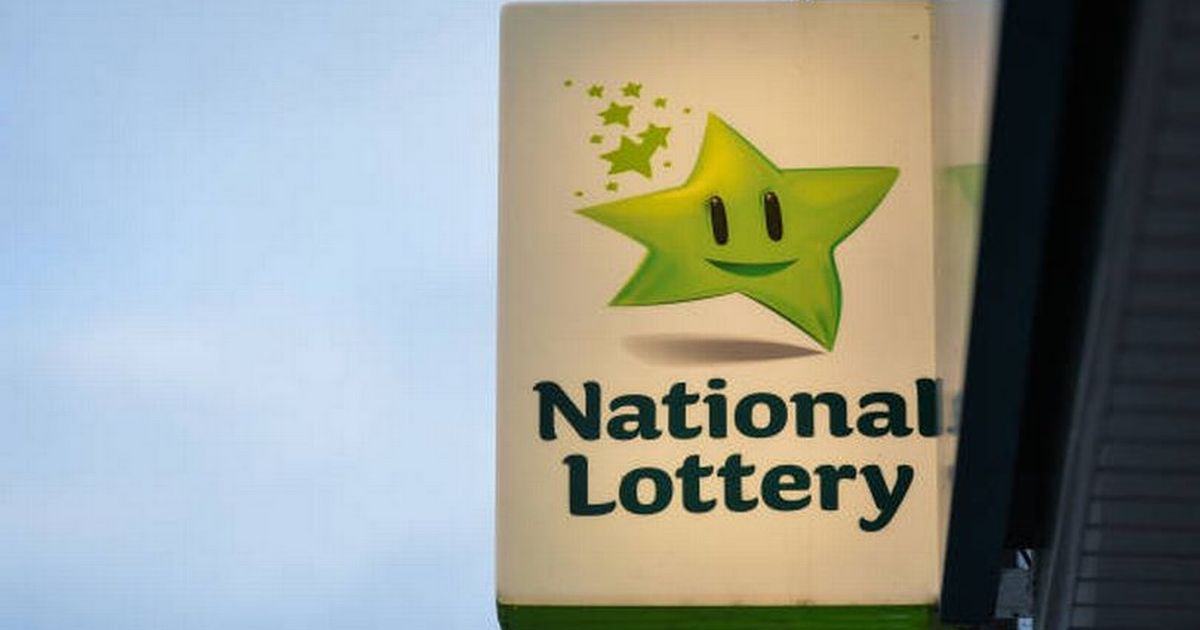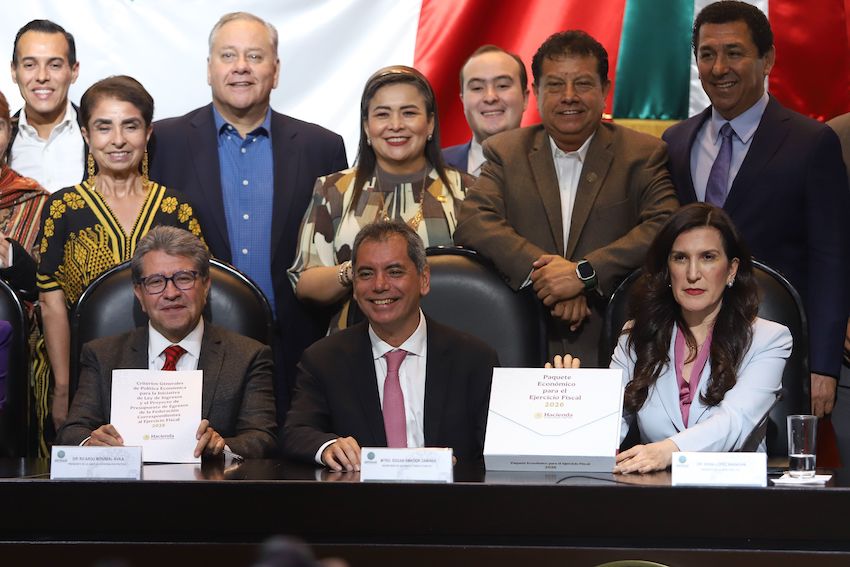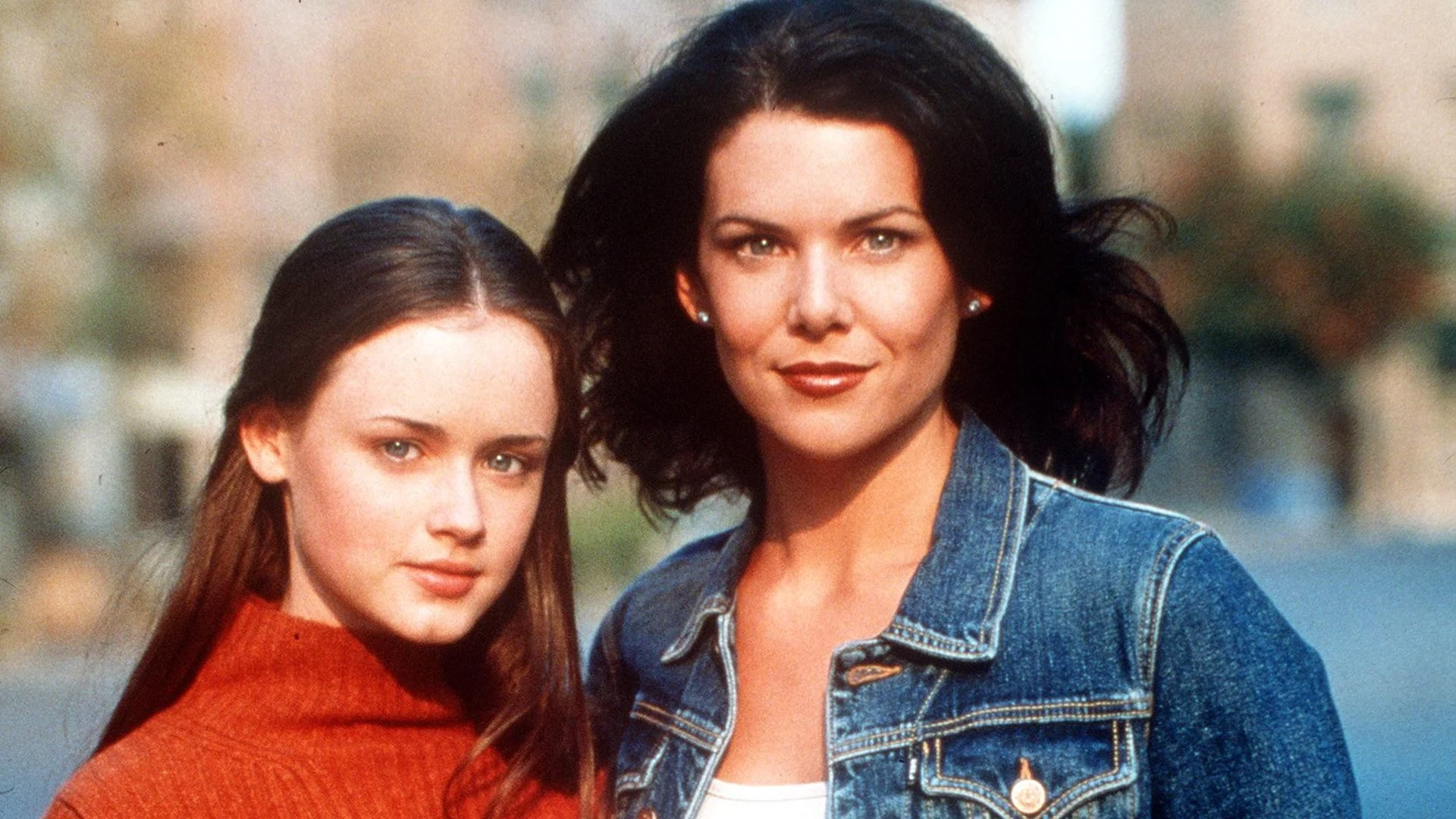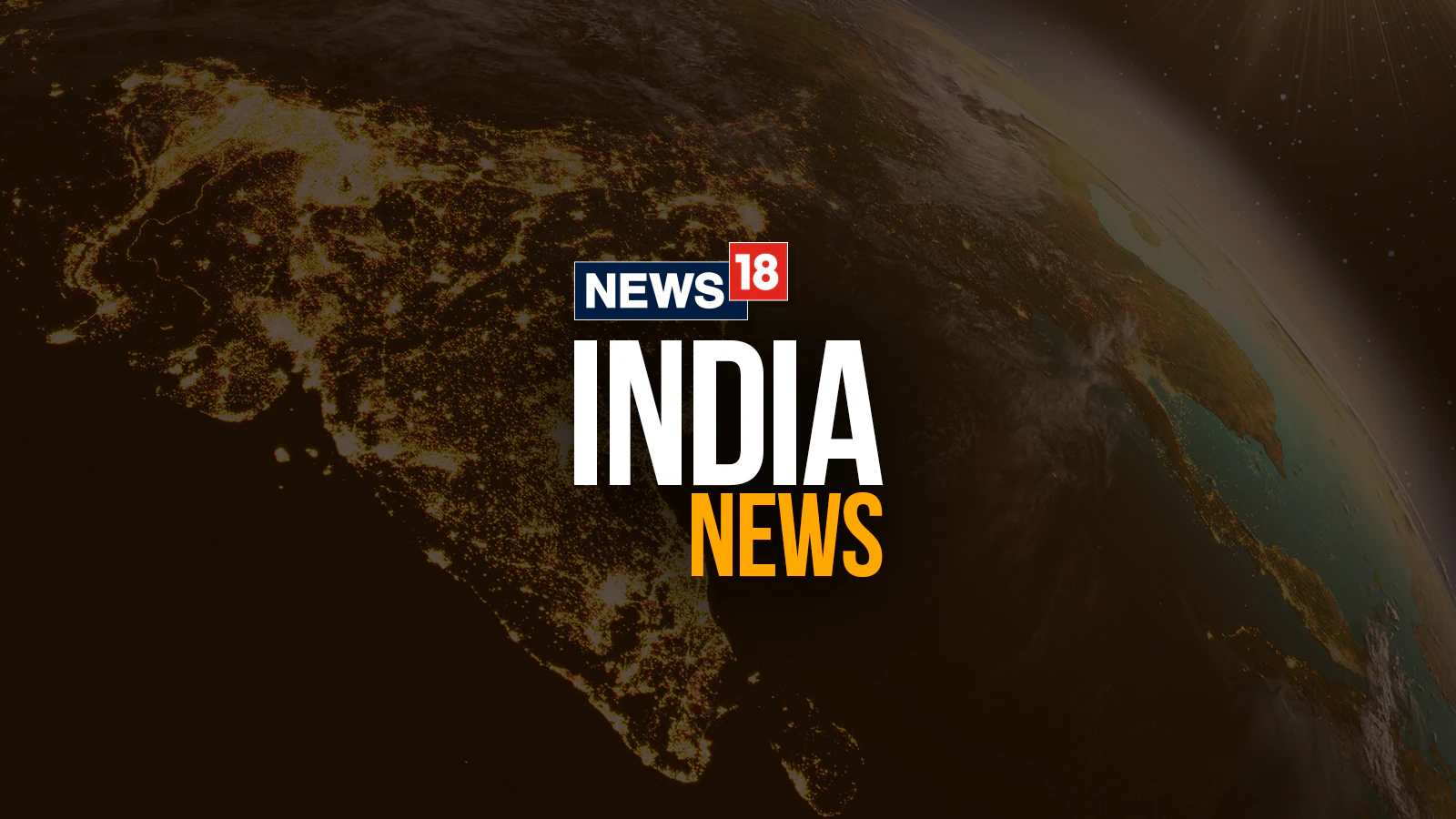By Allison Schaefers
Copyright staradvertiser
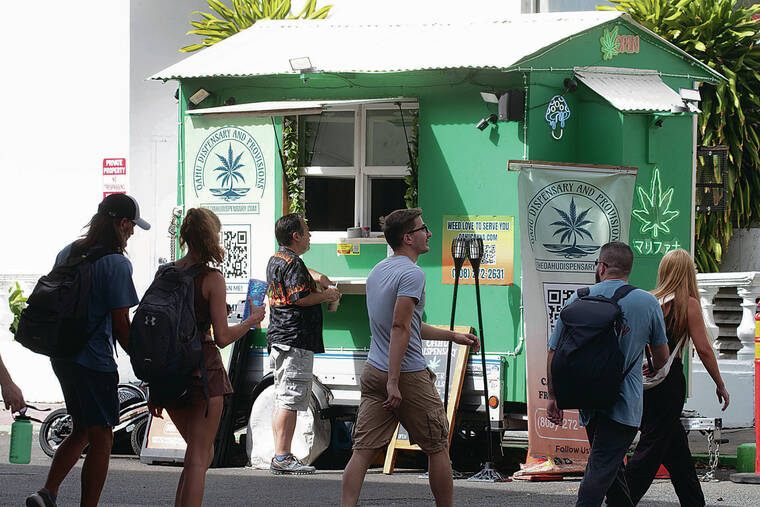
The cannabis industry is budding across the globe with new 4/20-friendly destinations cashing in on the legalization of cannabis for recreational and medical purposes.
President Donald Trump recently teased that a decision on reclassifying marijuana as a less dangerous drug could come soon. Moving cannabis from a Schedule I substance under the Controlled Substances Act — meaning it has a high potential for abuse and no current accepted medical use— to the lesser Schedule III substance designation does not federally legalize marijuana.
The House Appropriations Committee on Wednesday advanced a fiscal year 2026 Commerce, Justice, Science and Related Agencies appropriations bill that contains language that is hostile to marijuana rescheduling efforts. Still, proponents remain hopeful as similar attempts failed last year.
A possible scheduling change along with recent statistics from MMGY Travel Intelligence’s summer edition of its “Portrait of American Travelers” showcasing Hawaii’s potential as a cannabis tourism destination have left some Hawaii proponents eyeing cannabis for its economic potential.
State Department of Health officials said in an email to the Honolulu Star-Advertiser that it supports rescheduling to Schedule III, as it “recognizes that cannabis’ current classification as a Schedule I substance, defined as having no accepted medical use, conflicts with the growing body of scientific evidence and the reality of its lawful medical use in Hawaii and many other states.”
“If cannabis were reclassified to Schedule III, it could reduce certain barriers to research, allow for more standardized medical guidance, and potentially ease banking and insurance challenges for the industry, health officials added. “At the same time, federal reclassification would not change Hawaii’s medical cannabis laws or program requirements unless the Legislature amends state law. DOH would continue to prioritize patient safety, product quality, and public health regardless of cannabis’ federal classification.”
Medical use of cannabis was legalized in Hawaii in 2000 via Act 228, SLH 2000. While several other states have legalized medical cannabis through ballot initiatives, the DOH said Hawaii was the first state to establish a medical cannabis program through state legislation
The 2018 passage of Act 116 also created a pathway for the Hawaii Medical Cannabis Program to establish a process to recognize cannabis cardholders from other states, U.S. territories, and the District of Columbia.
Recreational use of cannabis is still illegal in Hawaii, even though possession of 3 grams or less was decriminalized in 2019. Efforts in the state Legislature to further lift the restrictions have failed repeatedly following heavy debate, although they are coming back again this year.
Legislative debate
Rep. David Tarnas (D-Hawi, Halaula, Waimea, Makahalau, Waikii, Waikoloa, Kawaihae, Mahukona), chair of the House Committee on Judiciary & Hawaiian Affairs, this year introduced House Bill 1246, which would have legalized the personal adult use of cannabis. But the bill and its companion Senate Bill 1613 died.
Tarnas told the Star–Advertiser that his district and the constituents that he represents “are very interested in moving forward with legalizing adult use. Statewide, I’d say the industry that is already legal — the hemp industry and the medical cannabis industry — would like to see better regulatory framework.”
Tarnas said he and other lawmakers who support legalizing adult personal use of marijuana plan to come back with another bill next year.
“I’m trying to input all the improvements that people wanted to put into it and also I’ve checked in with all the other states to make sure I’m learning the latest and best practices elsewhere,” he said.
Tarnas said that he is optimistic that the state Legislature will eventually pass a bill that makes adult personal use of cannabis legal, but said “ it’s been a challenge because there are a lot of skeptics.”
Honolulu City Prosecutor Steve Alm has been among the most vocal opponents, saying that until 2000 the average potency of marijuana was 3-4% THC. Now, he said, marijuana stores typically sell marijuana in the 20-40% THC range with concentrates above 95%.
“It’s not Woodstock weed,” Alm said. “It’s a totally different drug.”
He said recreational use of marijuana is associated with a myriad of harms, including increases in car collisions and emergency and hospital admissions; marijuana use disorder; increased psychiatric disorder; chronic vomiting; impaired cognitive and memory function; loss of IQ; increased risk of heart attacks and strokes to sharp increases in calls to poison centers for children who have eaten marijuana edibles which typically look like candy or sweets; and environmental harms from illegal grow sites.
Tarnas said even without a demand-friendly environment there already is a market in Hawaii for visitors and residents.
“Anybody who wants to obtain cannabis for recreational use or adult use is able to do so,” he said. “One of the main things I am advocating for establishing a legal framework for adult use is to ensure that we’ve got quality control and that the consumer is purchasing something that they can depend on being accurate to what the label says it is, and that it does not have contaminants.”
Tarnas said data from other states where it has been legalized shows use by youth is going down.
State health officials said that its role is to implement and enforce Hawaii’s medical cannabis laws as set by the Legislature, so it has not taken an official position on whether cannabis should be legalized on a broader scale.
“However, we have testified that the available evidence indicates that legalizing adult use of cannabis should be expected to have a negative impact on the health of the public,” health officials said in an email to the Honolulu Star-Advertiser.
Where the debate on legalizing recreational use of cannabis will land is Hawaii is still uncertain.
As of June 26, 40 states, three territories and the District of Columbia allowed the medical use of cannabis products, according to data from the National Conference of State Legislatures. Twenty-four states, three territories and the District of Columbia also allow or regulate cannabis for recreational use, NCSL said.
Alm said efforts by states to legalize personal use was up until about two years ago, but that he believes “that the tide is starting to turn.”
He added that “20 states considered it in 2023 and 17 rejected it — so three approved it. Last year nobody approved it, and nobodyhas approved it so far this year.”
Alm said Thailand is even reversing its 2022 decriminalization policy. The new policy, which will allow for medical use only, is slated to take effect in late 2025 and is expected to shut down much of the country’s $1 billion cannabis industry.
“They cited the effects on kids and its hard to regulate,” he said.
Medical marijuana
DOH’s Office of Medical Cannabis Control and Regulation already is licensing and regulating Hawaii’s medical cannabis dispensaries.
Health officials said that the OMCCR “registers medical cannabis patients and their caregivers, which provides them with certain protections to safely use cannabis for medical purposes. We also provide education and outreach, including hosting Medical Cannabis Patient Days, offering free continuing medical education on medical cannabis for health care providers, and we are preparing information and listening sessions for patients and caregivers.”
OMCCR also licenses and regulates Hawaii’s medical cannabis dispensaries.
“Our authority includes ensuring dispensary products comply with all testing, labeling, and packaging requirements, as well as meeting other operational standards set forth in state law,” state health officials said.”These efforts help safeguard patient access to safe, accurately labeled medical cannabis products while supporting a compliant and well-regulated industry.”
There are eight medical cannabis dispensary licensees in Hawaii, and each licensee may have up to four retail locations, according to DOH records. Currently, DOH said that there are three licensees on Oahu and 11 locations; two licensees on Hawaii island and six locations; two licensees on Maui, and five locations; and one licensee on Kauai and two locations.
“The number of retail dispensary locations generally have increased annually since 2019,” DOH officials said.
The OMCCR also registers medical cannabis patients and their caregivers and provides education and outreach. Some 29,325 in-state patients are listed as part of DOH’s Medical Cannabis Registry Program — a slight decline from the 29,743 that were registered as of April.
The number of out-of-state patient cards issued by DOH since the program began in 2019 peaked at 5,709 cards in 2022. Last year, DOH issued 4,491 OSP cards, and through July 31 of this year had issued 3,003.
Health officials said for adult patients, “the top certified medical condition is severe pain. Other common conditions include PTSD and severe nausea, though this varies by age group and county.”
For patients under 18, DOH reported that the most common conditions are “seizures, malignant neoplasm (cancer), and persistent muscle spasms.”
EASING THE PAIN
Medical Cannabis Registry Program:
As of July 31, there were 29,325 registered in-state patients.
County breakdown:
>> Honolulu: 14,415 patients and 1,418 caregivers
>> Hawaii island: 8,106 patients and 595 caregivers
>> Maui: 5,182 patients and 351 caregivers
>> Kauai: 1,598 patients and 82 caregivers
Source: State Department of Health
